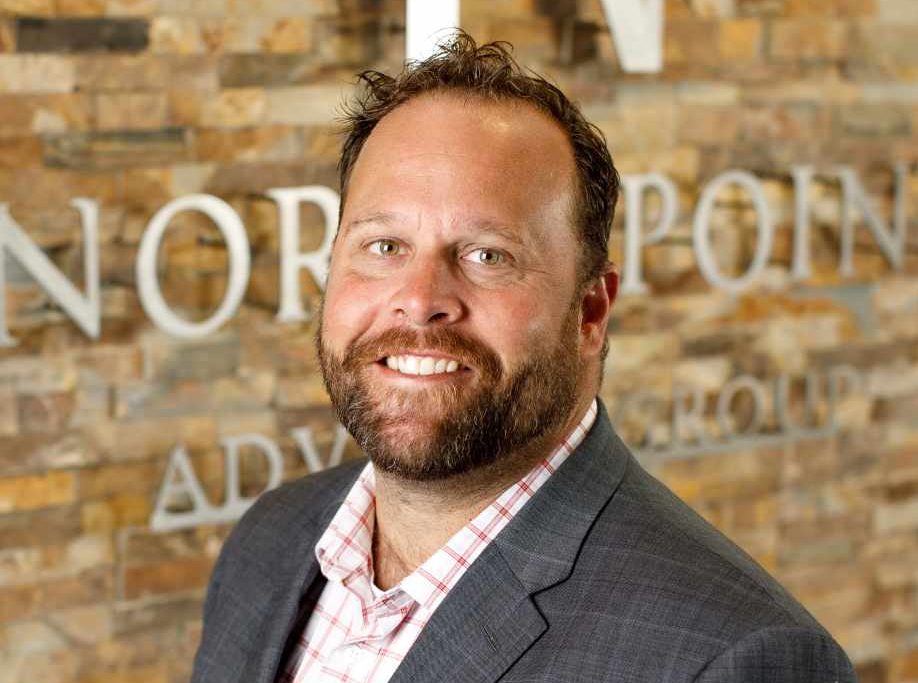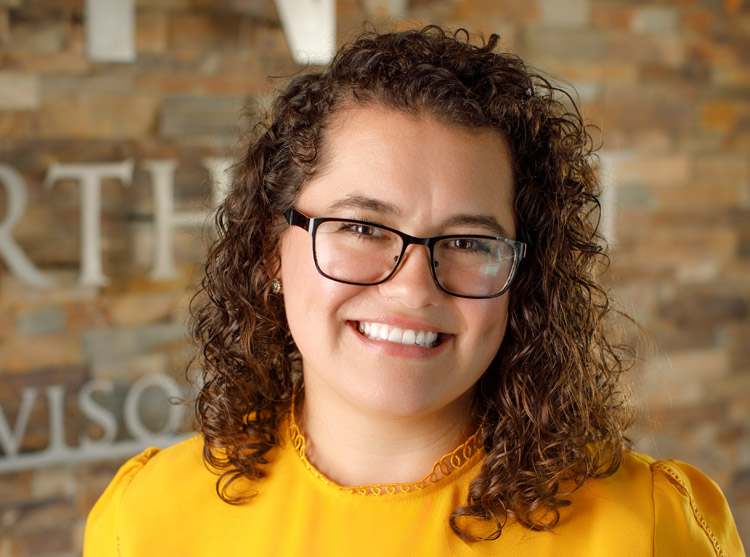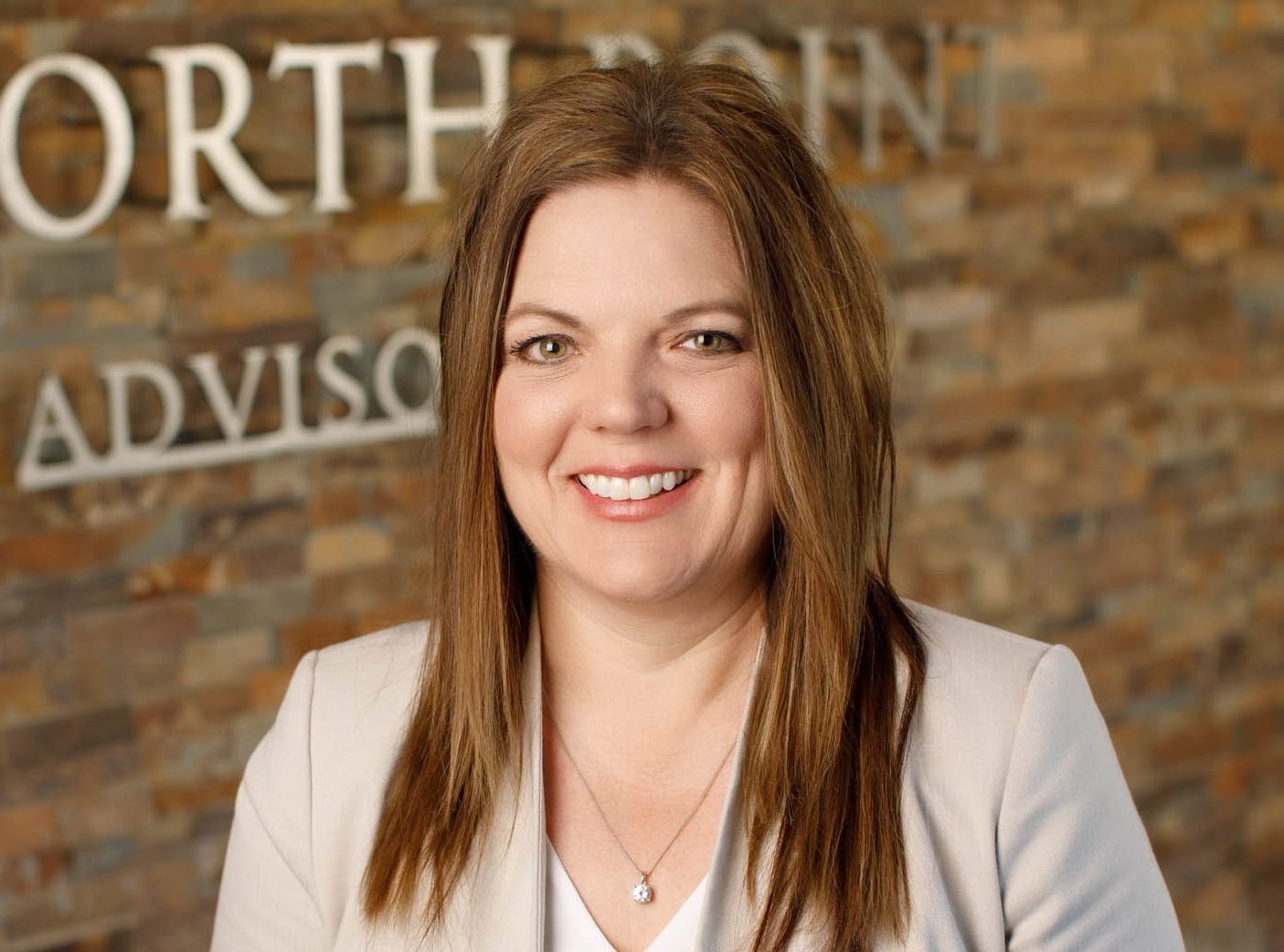As a younger advisor, I often find myself inspired by the purpose-driven families I work with. Families who don’t just want to pass down wealth, but also values, opportunities, and care for future generations. In my opinion, it is the intangible aspects that are often overlooked throughout the planning process. For many people, your legacy isn’t about the financial resources that you are leaving behind; it’s about making a lasting impact on your grandchildren’s lives.
Incorporating grandchildren into your estate plan can be a beautiful way to support their futures while being strategic with taxes and long-term planning. Regardless of how you would like to support them, the key is intentional design and qualified guidance. Here are several ideas to help you build a legacy that truly reflects your values.
1. Fund a 529 Plan for Education
One of the most straightforward ways to support your grandchildren is through a 529 education savings plan. These accounts grow tax-free, and distributions for qualified education expenses are also tax-free. If these funds are not utilized for education, there are strategic ways to shift the assets to Roth IRAs in the future.
Disclaimer: This strategy requires substantial long-term planning.
Tax Tip: You can front-load a 529 plan with five years’ worth of gifts, creating a substantial head start.

2. Gifting with Purpose
Annual exclusion gifts (up to $18,000 per person in 2025) are a simple, tax-efficient way to transfer wealth. You can gift directly or set up Uniform Transfers to Minors Act (UTMA) or Uniform Gifts to Minors Act (UGMA) accounts. The method for gifting largely depends on the goals you hope to achieve. Always start with your goal in mind and let the overall aim for your gifts guide the method.
3. Custodial Accounts: A Simple Way to Gift
You might also consider using UTMA (Uniform Transfers to Minors Act) or UGMA (Uniform Gifts to Minors Act) accounts. These custodial accounts allow you to transfer assets to a minor while maintaining control until they reach the age of majority, usually 18 or 21, depending on the state. They’re relatively simple to set up and can be used for a wide range of expenses that benefit the child. If long-term control or guidance is a priority, other savings vehicles may be more appropriate.
4. Share Your Values Through a Family Mission Statement
Legacy isn’t just about money. It’s also about meaning. Many families benefit from crafting a Family Mission Statement that outlines shared values, goals, and philanthropic aims. This document can be a guiding light for your grandchildren, helping them understand the “why” behind the different aspects within your legacy. This is an incredibly powerful tool to emphasize the emotional and personal impact you want to have on your greater family.
5. Establish a Grandchildren's Trust
A well-structured trust allows you to earmark funds specifically for your grandchildren, with rules that reflect your intentions. They can be useful tools to support their college tuition, a first home purchase, or entrepreneurial dreams. Although more complex, trusts may provide additional flexibility, protection, and potential tax advantages.
6. Special Needs Planning
If you have a grandchild with special needs, extra care is required to protect their access to government benefits. A Special Needs Trust (SNT) is an essential tool that allows you to provide financial support without disqualifying them from programs like Medicaid or Supplemental Security Income (SSI).
This is one of the most meaningful ways to ensure your legacy includes ongoing care and dignity for every family member.
7. Involve Them in the Planning Process
If appropriate, include your grandchildren in conversations about your estate plan. This helps foster financial literacy, responsibility, and a deeper appreciation for the values you’re passing on.

The Bottom Line
When it comes to estate planning, one-size-fits-all simply doesn’t work, especially for families as thoughtful and purpose-driven as yours. Every individual and family has unique goals for their legacy, monetary or otherwise. No matter where you are in your journey to creating and building your legacy, we’re here to guide you.
Our planning process is comprehensive, compassionate, and tailored to your unique family goals. Let’s work together to build a legacy that lasts in more ways than one.































